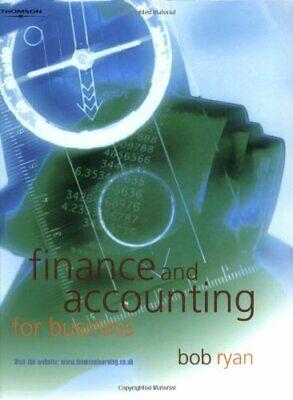Question
Youre on the Jury : The Case of the Politically Incorrect Sign Disturbed by the number and variety of signs that individuals were putting up
Youre on the Jury : The Case of the Politically Incorrect Sign
Disturbed by the number and variety of signs that individuals were putting up within its borders, a City passed an ordinance prohibiting all signs on private property except in commercial areas for advertising. Roberto, a homeowner, pasted a sign on the front door of his house containing an American flag with these words underneath the flag: Down with the Mayor and the City Council Our rights are being violated. He then went door to door in his neighborhood passing out copies of this sign and asking his neighbors to display it as well. Roberto was arrested for violating the ordinance.
The Trial
During the trial, a witness for the City described how many signs had appeared in the past on homes and on lawns for commercial home businesses, ruining the appearance of the community. He explained that many other cities and towns had experienced the same problems and that the ordinance was reasonable and the only way to solve the problem. The restriction, he said, was content neutral as it was addressing a societal problem. Roberto testified that the sign he had put up was a small one and that other City residents had raised flags on national holidays and put up signs showing their patriotism. None of these residents had been arrested.
The Arguments at Trial
The Citys attorney argued that a city had the authority to regulate signs within its borders to protect the appearance and value of properties. She further argued that the ordinance did not unduly restrict free speech as there were other ways for residents to express their views: radio, television, and the newspapers. Robertos attorney argued that the regulation violated the freedom of speech provisions of the federal constitution, was too broad, too vague, and was unreasonable. He argued that the City could have limited the ordinance by restricting signs over a certain size and in certain locations. He further argued that it was unreasonable to restrict the expression of opinions except for the use of the media.
Discussion Questions to be Answered
Who has the stronger arguments, the City or Roberto? Why?
What are the laws here that are being applied and is their application proper?
If you were the on the jury hearing this case, for whom would you decide? Why?
Step by Step Solution
There are 3 Steps involved in it
Step: 1

Get Instant Access to Expert-Tailored Solutions
See step-by-step solutions with expert insights and AI powered tools for academic success
Step: 2

Step: 3

Ace Your Homework with AI
Get the answers you need in no time with our AI-driven, step-by-step assistance
Get Started


